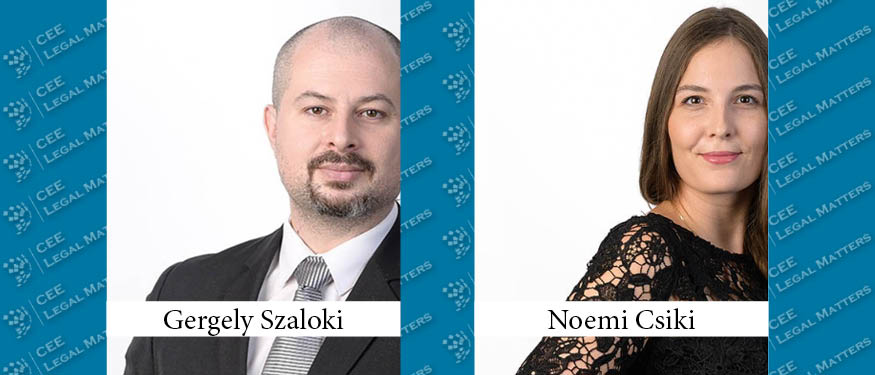The regulatory landscape for crypto assets is undergoing significant changes, driven by the European Union’s Markets in Crypto-Assets Regulation (MiCA) (Regulation 2023/1114).
MiCA aims to establish a unified legal framework for crypto asset issuance and related services across the EU. In Hungary, Act VII of 2024 on the crypto asset market was adopted to implement these regulations and came into effect on 30 June 2024.
The practical application of the new regulation is happening gradually, with the next key deadline for market players to mark on their calendars being 1 July 2025. By the end of this transition period in Hungary, crypto asset service providers that were already operating prior to 30 December 2024 must fully comply with MiCA requirements. This means that service providers that have thus far been operating without a license must submit their applications to the Hungarian National Bank and ensure they meet all necessary technological and security standards.
Following this deadline, non-compliance by crypto asset service providers with MiCA might lead to enforcement measures, including sanctions or the suspension of activities. For market participants, it is therefore essential to take timely action to obtain the necessary licenses and ensure compliance with the regulations.
By Gergely Szaloki, Senior Associate, and Noemi Csiki, Associate, Wolf Theiss
